DNVN - Heliospect Genomics, an American startup, is now charging up to $50,000 for embryo screening services for desirable traits, including high IQ, for families with good financial conditions.
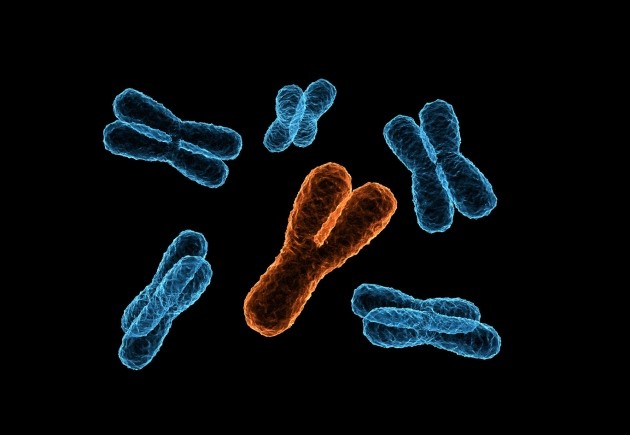
Modern gene editing technology is allowing parents to ensure their unborn children have above-average IQs, Oddity Central reports. This has sparked controversy as it could familiarize society with the concept of “elite” and “inferior” individuals. An undercover video from the campaign group Hope Not Hate shows that at least one genetic engineering company has begun marketing the service to wealthy families.
Specifically, Heliospect Genomics has served more than 10 couples participating in in vitro fertilization, with the cost of screening 100 embryos up to $50,000, to select for traits such as high IQ. The company claims its technology can select children with IQs 6 points higher than naturally conceived babies.
In a video obtained by Hope Not Hate, Heliospect Genomics staff detailed the service to potential customers, which includes the ability to screen up to 100 embryos based on “IQ and other desired characteristics,” such as gender, height, obesity risk, and mental health risks.
News of the service began circulating last month, and has been met with mixed reactions from geneticists and bioethicists. Some have argued that the service could exacerbate social inequality due to biological rather than social reasons. Others have pointed out that it is a “gray area” that most of the public has yet to consider.
When asked to comment on the service, a Heliospect Genomics representative said the company is still in “stealth mode” and is currently in development, but will be publicly launching soon. The company asserted that it will not engage in large-scale egg or embryo production, will not select for elite traits, and will not provide testing for pathology or cosmetic purposes.
“All we mean by liberal eugenics is that parents should be free and perhaps even encouraged to use technology to improve the prospects of their children when that technology becomes available,” said Jonathan Anomaly, a member of the board of directors of Heliospect Genomics.
“People can have all the children they want and they can have children who don’t have the disease. That would be great,” said Michael Christensen, CEO of Heliospect.
In addition to the “chosen baby” controversy, Heliospect Genomics has also faced concerns over its use of data. Several media outlets have reported that the company’s prediction tools are based on data from the UK Biobank, a repository of genetic data used primarily in health research.
Ganoderma (t/h)
Source: https://doanhnghiepvn.vn/cong-nghe/dich-vu-sang-loc-phoi-thai-iq-cao-vuot-troi-cho-nguoi-giau-gay-tranh-cai/20241104085726084




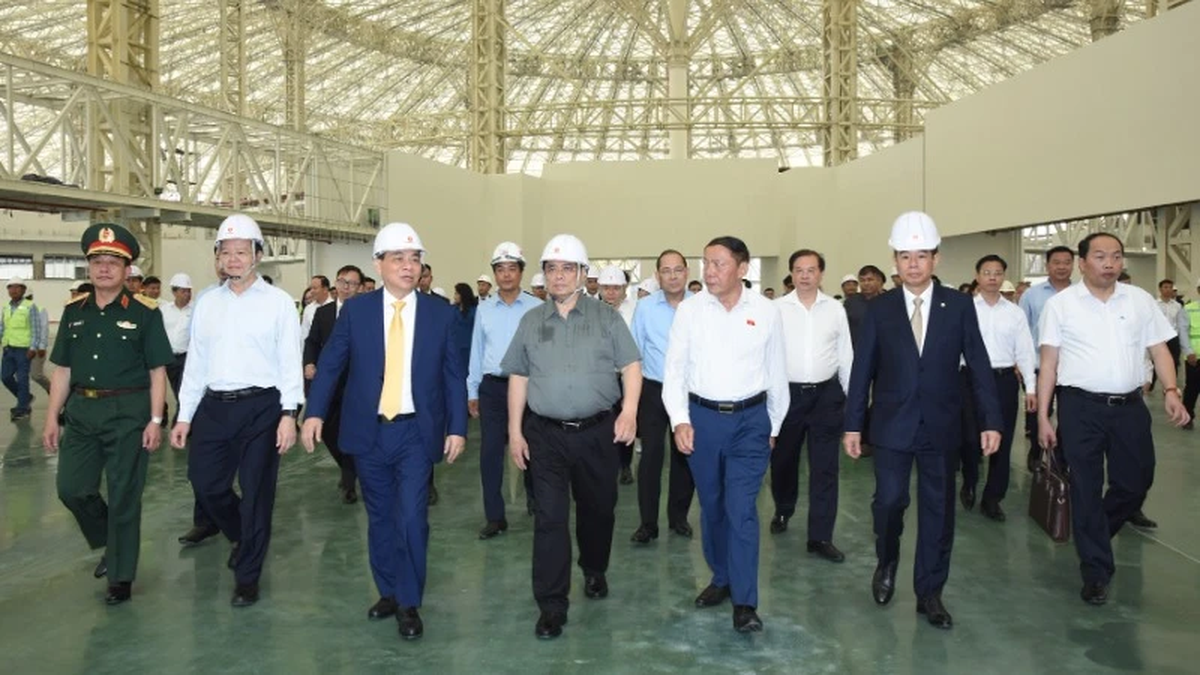

![[Photo] Prime Minister Pham Minh Chinh inspects the progress of the National Exhibition and Fair Center project](https://vphoto.vietnam.vn/thumb/1200x675/vietnam/resource/IMAGE/2025/5/19/35189ac8807140d897ad2b7d2583fbae)



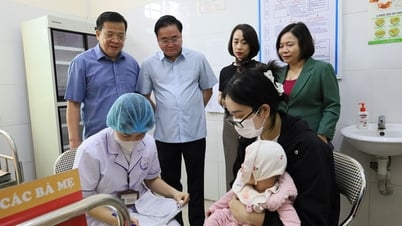





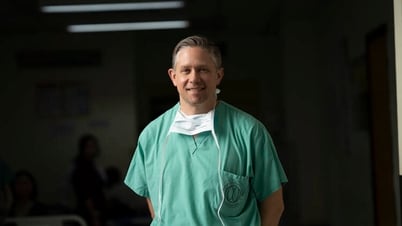









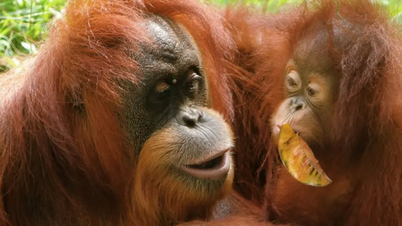







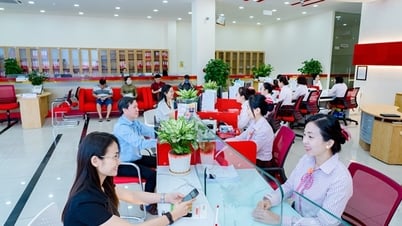


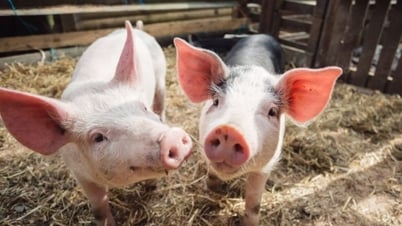





































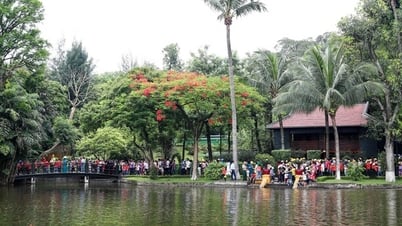


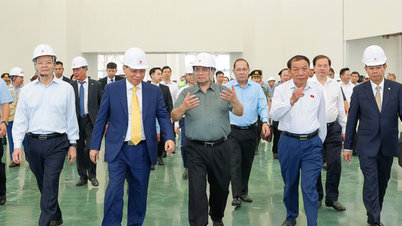
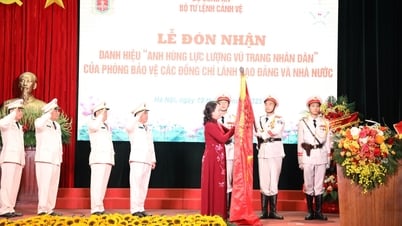


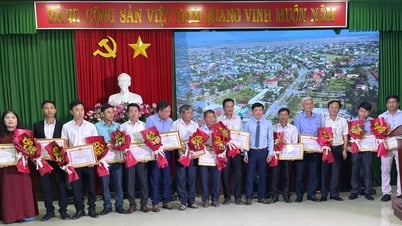

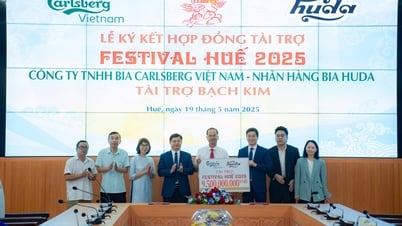
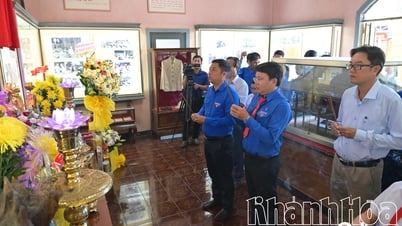

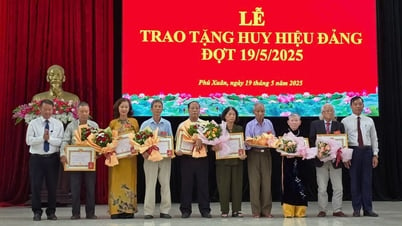


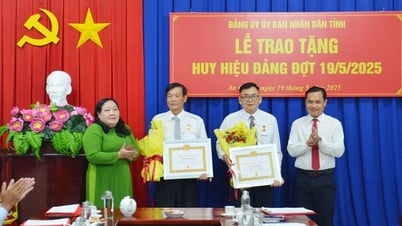


![[VIDEO] - Enhancing the value of Quang Nam OCOP products through trade connections](https://vphoto.vietnam.vn/thumb/402x226/vietnam/resource/IMAGE/2025/5/17/5be5b5fff1f14914986fad159097a677)







Comment (0)